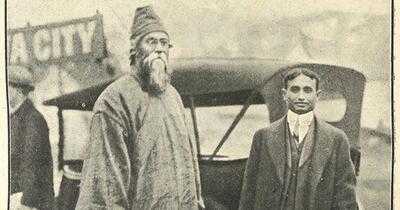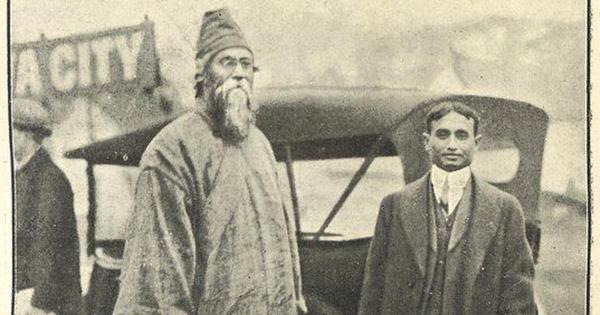

In February 1914, Sudhindra Bose appeared before a congressional committee in Washington DC to depose about a burning question of the time: the “” to the United States.
Bose had recently begun teaching political science at the State University of Iowa and was the president of the Hindusthan Association, a collective of Indians studying in the US. He took his place before the committee armed with copious facts. He was articulate, persuasive and, unlike the other Indian representative chosen to speak that day before the congressional committee, fluent in English.
To the panel headed by John Burnett of Alabama, Bose began with a frank admission:
“I have often been asked why the Hindus come to the country at all. I wish to say that the Hindus come to this country precisely for the same reason as the millions that come to this country from other countries. To us America is another name for opportunity. We come here to this country because of the opportunities we have for social uplift , intellectual betterment, and economical advancement…I came to this country as a laborer and if I had been in any other country I would not have had the opportunity of education that I have received in this...